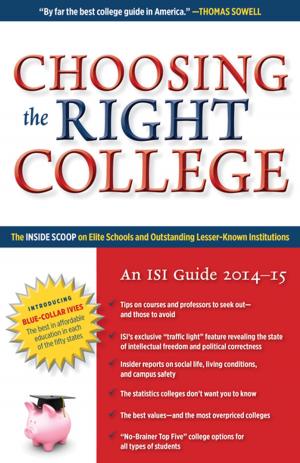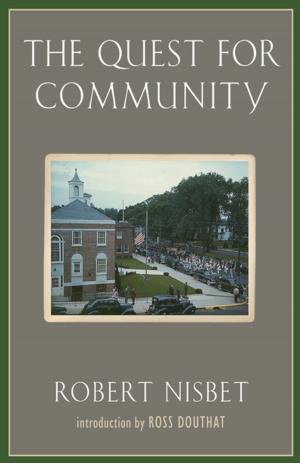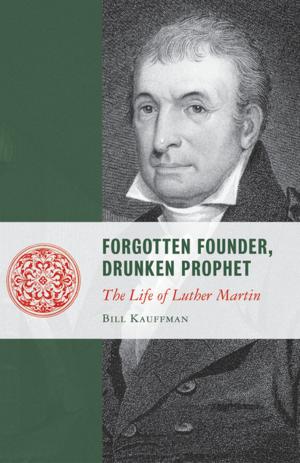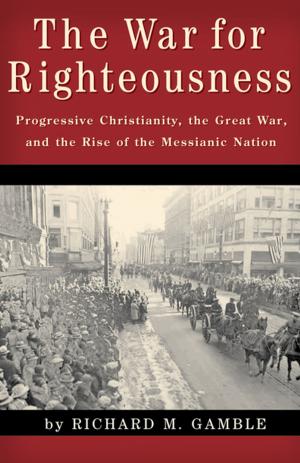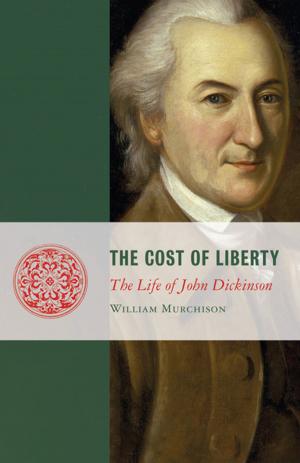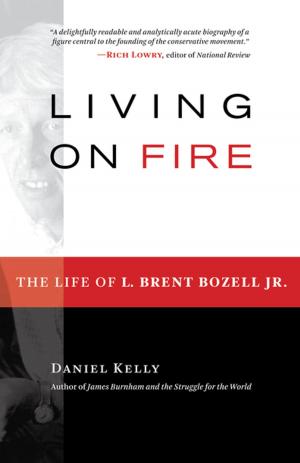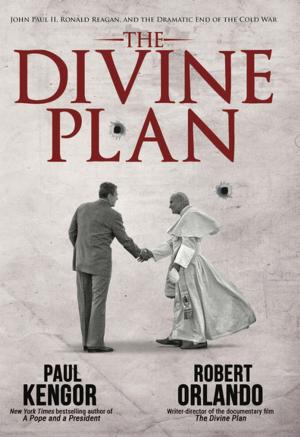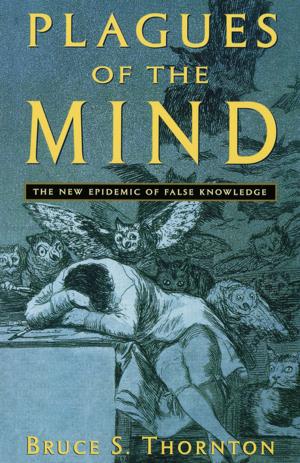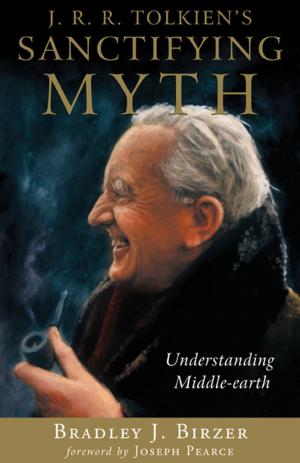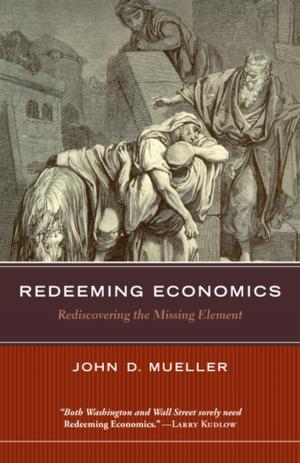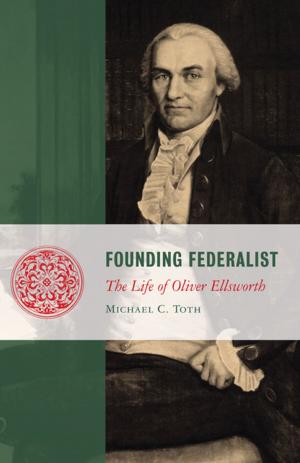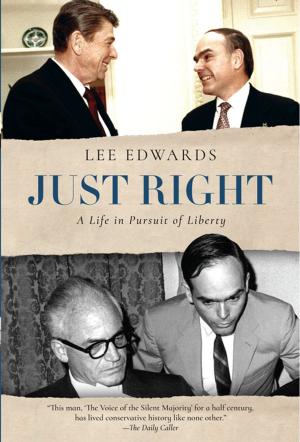If Not Us, Who?
William Rusher, National Review, and the Conservative Movement
Biography & Memoir, Literary| Author: | David B. Frisk | ISBN: | 9781480493001 |
| Publisher: | Intercollegiate Studies Institute (ORD) | Publication: | March 11, 2014 |
| Imprint: | Intercollegiate Studies Institute | Language: | English |
| Author: | David B. Frisk |
| ISBN: | 9781480493001 |
| Publisher: | Intercollegiate Studies Institute (ORD) |
| Publication: | March 11, 2014 |
| Imprint: | Intercollegiate Studies Institute |
| Language: | English |
If Not Us, Who? is both the story of an architect of the modern conservative movement and a colorful journey through a half century of high-level politics.
Best known as the longtime publisher of National Review, William Rusher (1923–2011) was more than just a crucial figure in the history of the Right’s leading magazine. He was a political intellectual, tactician, and strategist who helped shape the historic rise of conservatism.
To write If Not Us, Who?, David B. Frisk pored over Rusher’s voluminous papers at the Library of Congress and interviewed dozens of insiders, including National Review founder William F. Buckley Jr., in addition to Rusher himself. The result is a gripping biography that shines new light on Rusher’s significance as an observer and an activiast while bringing to life more than a generation’s worth of political hopes, fears, and controversies.
Frisk vividly captures the joys and struggles at National Review, including Rusher’s complex relationship with the legendary Buckley. Here we see the powerful blend of wit, erudition, dedication, shrewdness, and earnestness that made Rusher an influential figure at NR and an indispensable link between conservatism’s leading theorists and its political practitioners.
“If not us, who? If not now, when?”—a maxim often attributed to Ronald Reagan—could have been Rusher’s motto. In everything he did—publishing National Review, recruiting and advising political candidates, organizing cadres of young conservatives, taking on liberal advocates in a popular television debate program, writing a syndicated column—his objective was to build a movement. His tireless efforts proved essential to conservatism’s ascendancy, from the pivotal Goldwater campaign through the Reagan era.
Largely unexamined until now, Rusher’s career opens a new window onto the history of the conservative movement. This comprehensive biography reintroduces readers to a remarkable man of thought and action.
If Not Us, Who? is both the story of an architect of the modern conservative movement and a colorful journey through a half century of high-level politics.
Best known as the longtime publisher of National Review, William Rusher (1923–2011) was more than just a crucial figure in the history of the Right’s leading magazine. He was a political intellectual, tactician, and strategist who helped shape the historic rise of conservatism.
To write If Not Us, Who?, David B. Frisk pored over Rusher’s voluminous papers at the Library of Congress and interviewed dozens of insiders, including National Review founder William F. Buckley Jr., in addition to Rusher himself. The result is a gripping biography that shines new light on Rusher’s significance as an observer and an activiast while bringing to life more than a generation’s worth of political hopes, fears, and controversies.
Frisk vividly captures the joys and struggles at National Review, including Rusher’s complex relationship with the legendary Buckley. Here we see the powerful blend of wit, erudition, dedication, shrewdness, and earnestness that made Rusher an influential figure at NR and an indispensable link between conservatism’s leading theorists and its political practitioners.
“If not us, who? If not now, when?”—a maxim often attributed to Ronald Reagan—could have been Rusher’s motto. In everything he did—publishing National Review, recruiting and advising political candidates, organizing cadres of young conservatives, taking on liberal advocates in a popular television debate program, writing a syndicated column—his objective was to build a movement. His tireless efforts proved essential to conservatism’s ascendancy, from the pivotal Goldwater campaign through the Reagan era.
Largely unexamined until now, Rusher’s career opens a new window onto the history of the conservative movement. This comprehensive biography reintroduces readers to a remarkable man of thought and action.

